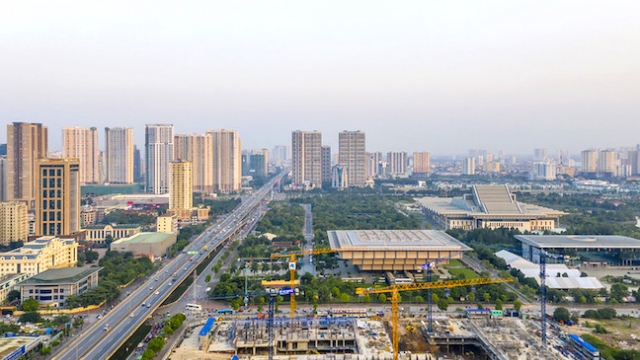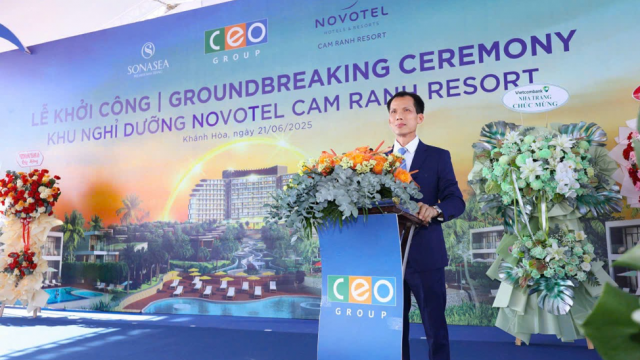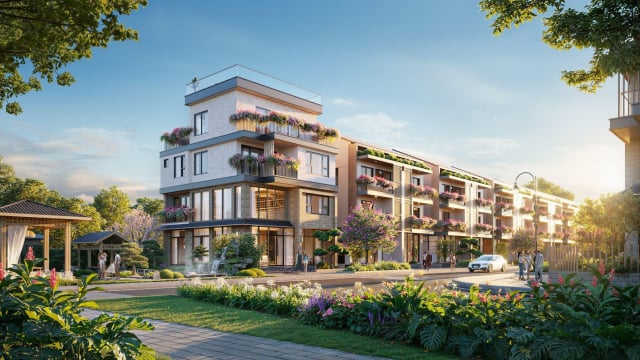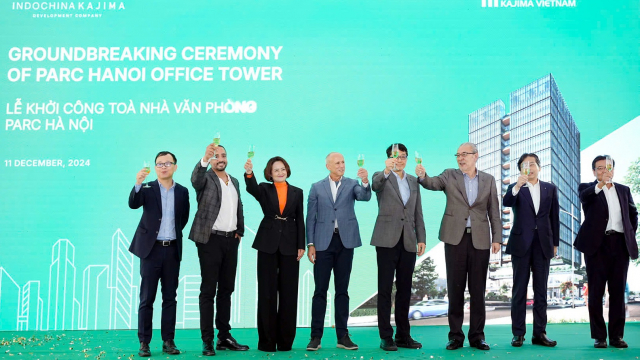Property
Sharing economy blurring of the lines between real estate sectors
The key benefits of the sharing economy are flexibility, maximising value and the collaborative, human element.

While the headlines are grabbed by big names such as Uber and WeWork, these companies and their multibillion dollar losses tend to distract from the more subtle and significant benefits of “co-everything”, said Savills' Head of Asia Pacific Research Simon Smith.
The sharing economy is typically defined as an economic system in which assets or services are shared between private individuals, either free or for a fee, typically via the internet. Real estate investors will be primarily interested in sharing for a fee, and not just investors.
Simon Smith said that the key benefits of the sharing economy are flexibility, maximising value and the collaborative, human element.
Flexibility is touted as a benefit for users, which can be offered by landlords in exchange for higher returns. However there are also flexibility benefits for landlords, especially if they offer their own co-working service. A certain portion of a building can be set aside for flexible office use, but this portion itself can be flexible, so that buildings can adapted more easily to the needs of the market.
Maximising revenue is every business’s goal and the sharing economy allows landlords to drive more income from the same space. Therefore, pop-up stores can revitalise and bring extra revenues to shopping centres, but they can also appear in offices, or hotels and disappear when their allure has faded or a better use can be found for the space.
A soft benefit of shared office space is the potential for collaboration, whether by design or by the happy accident of meeting someone by the water cooler. This stuff is hard to quantify; landlords can’t claim a fee if two of their tenants merge. However, this human element is important. So much of workspace is in fact digital, via laptops and telephones, that people mainly go into work to interact. The sharing economy is helping landlords on providing spaces for people, not companies.
"With shops in offices, events in shopping centres and hotels in the home, it is clear that the sharing economy is blurring of the lines between real estate sectors", said Simon Smith.
Big foreign developers to enter Hanoi apartment market
Hai Phong industrial property powers up with new project from Indochina Kajima
The project Core5 Hai Phong from Indochina Kajima and Itochu Corporation will deliver approximately 80,000 square metres of world-class ready-built factory for lease, handover expected in the first quarter of 2027.
A decade of unprecedented apartment price surge
A decade of relentless apartment price growth has pushed the dream of homeownership further out of reach for Vietnam’s middle- and lower-income earners.
Essensia Parkway sells out within hours, marking an outstanding partnership with WorldHotels
Essensia Parkway makes significant impact in the high-end real estate market as 100 per cent of the limited collection was successfully registered within just a few hours at the launching event with the theme “Live lux-well, in a truly refined world”.
Essensia Parkway gains global prestige through WorldHotels - Phu Long collaboration
Essensia Parkway is set to mark a significant milestone as the first branded residences project in Ho Chi Minh City to be operated by WorldHotels – one of the finest portfolios of independent hotels and resorts within BWH Hotels.
Indochina Kajima breaks ground on Grade A office building in Hanoi’s emerging hub
Parc Hanoi marks Indochina Kajima's first office-for-lease project in its $1 billion investment plan in Vietnam.


























![[Hỏi đáp] Bỏ thuế khoán 2026: Ngành thuế hỗ trợ hộ kinh doanh chuyển đổi thế nào?](https://t.ex-cdn.com/theleader.vn/192w/files/news/2025/12/05/z7261608772972_6406130837e396a31e34fb0dd16e0873-2230.jpg)















![[Hỏi đáp] Mức phạt kê khai sai hoặc chậm nộp thuế hộ kinh doanh](https://t.ex-cdn.com/theleader.vn/192w/files/news/2025/12/03/ke-khai-thue-1134.jpg)